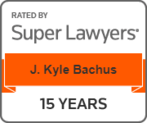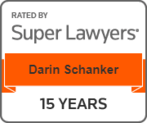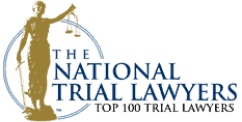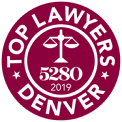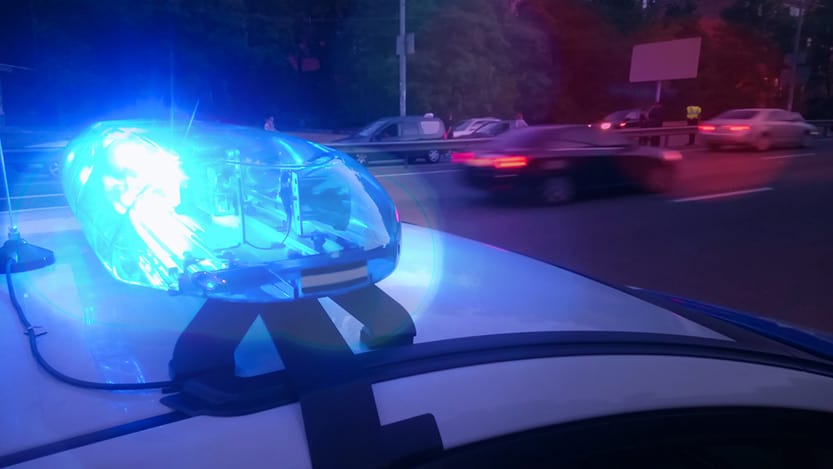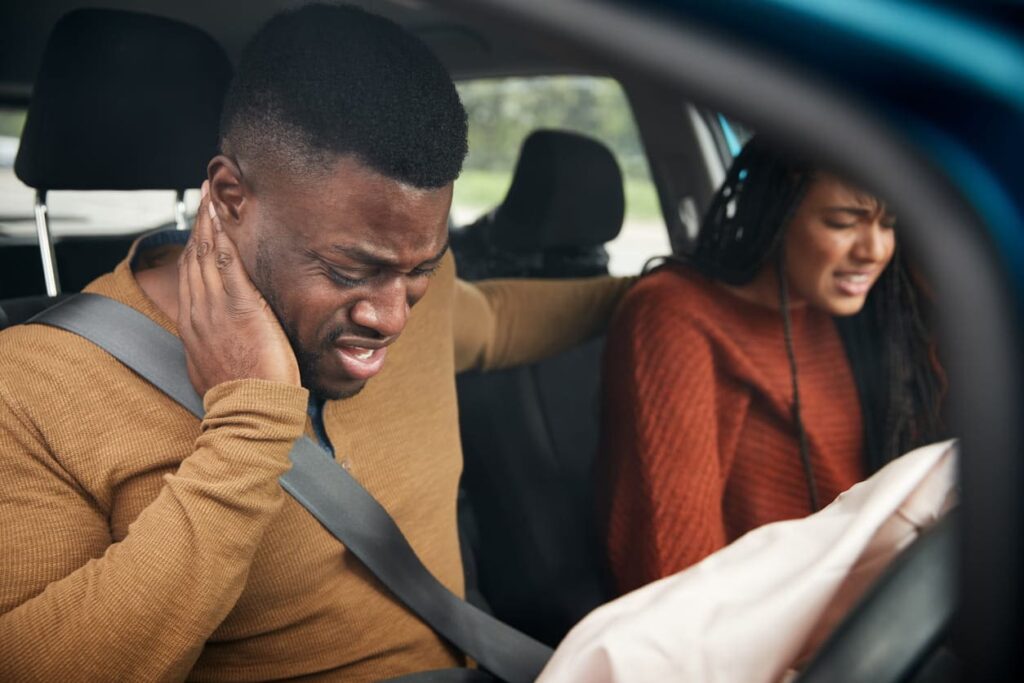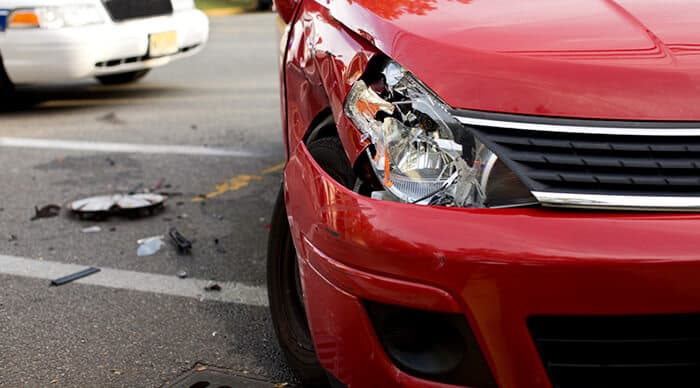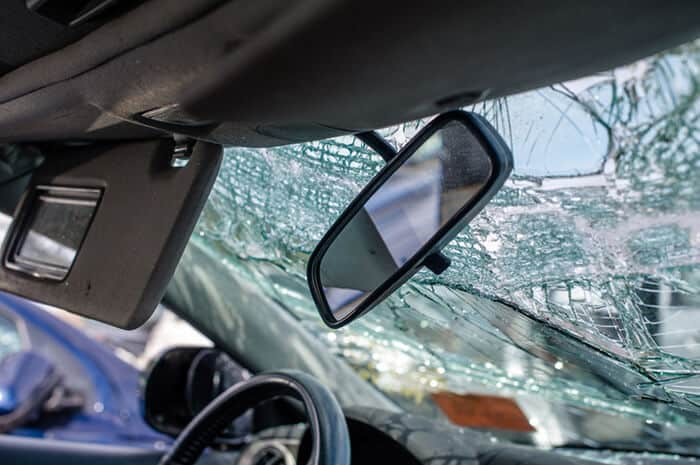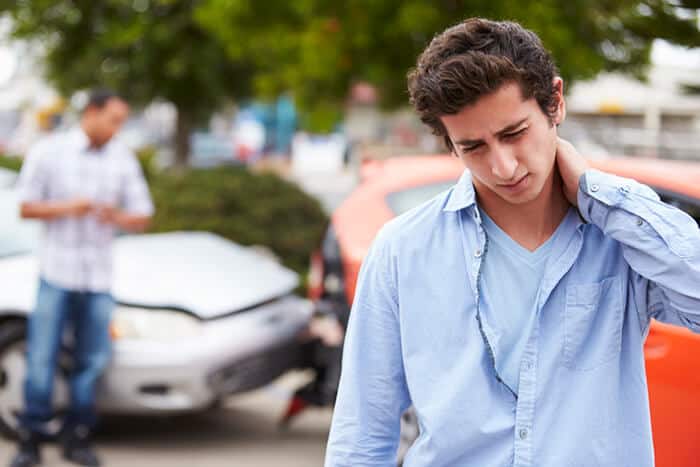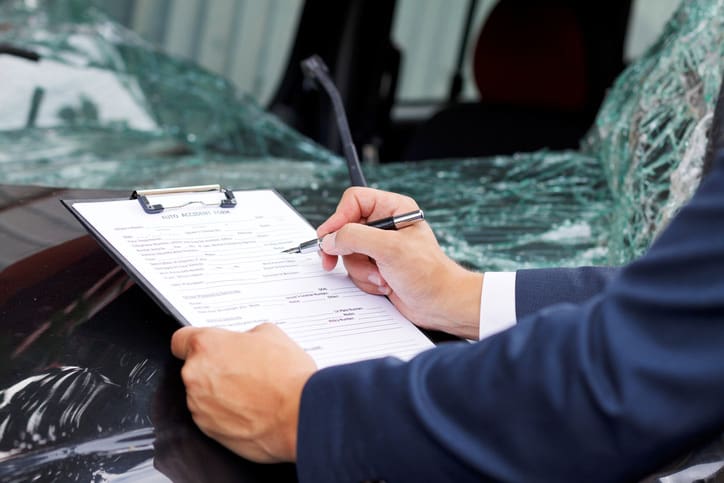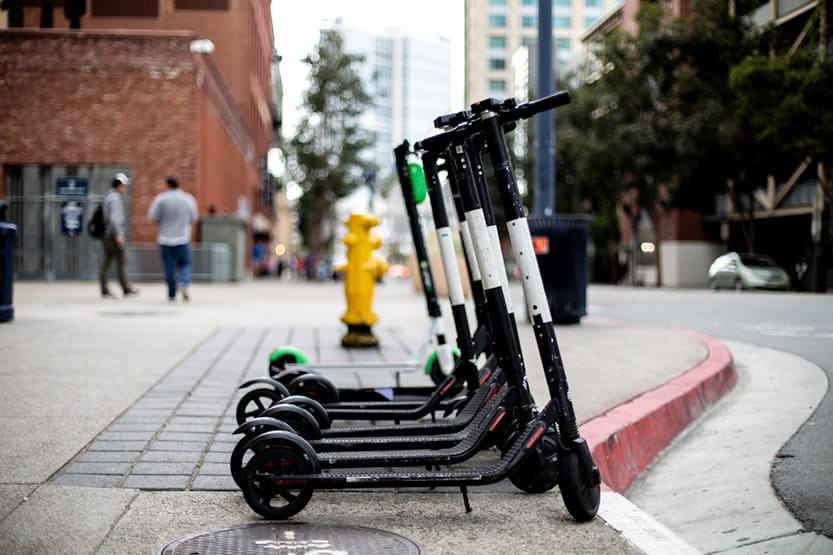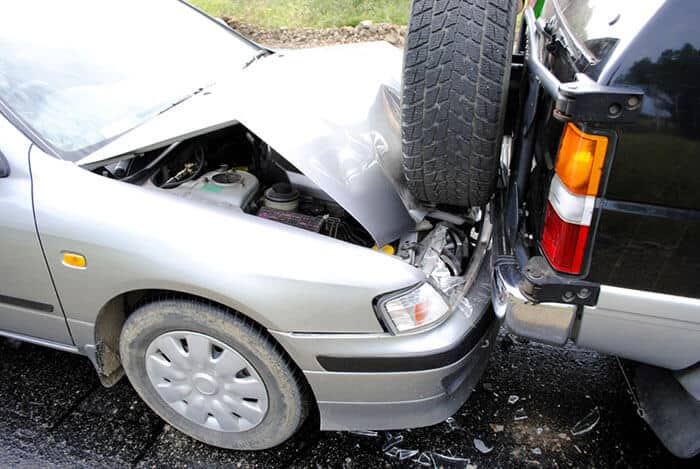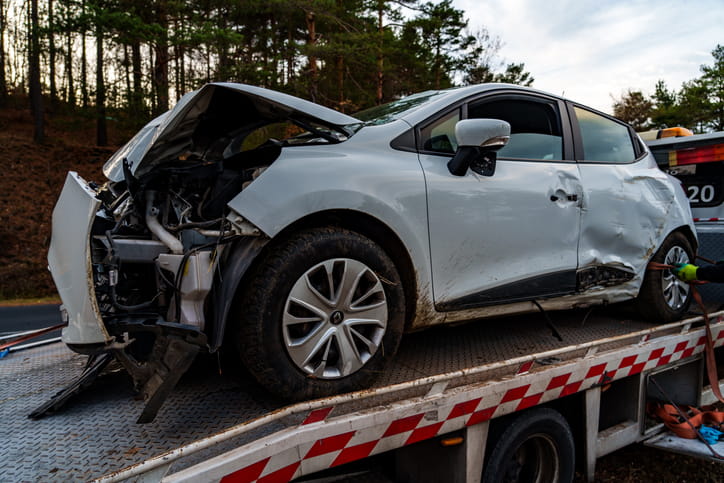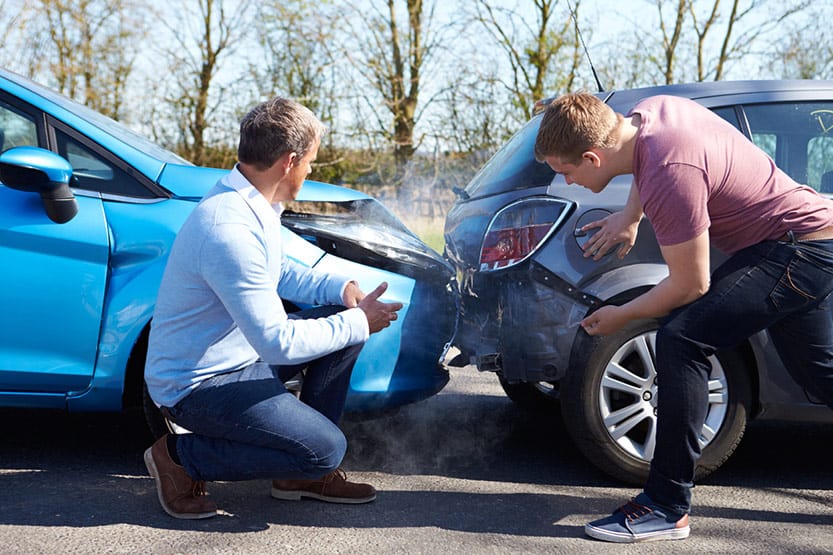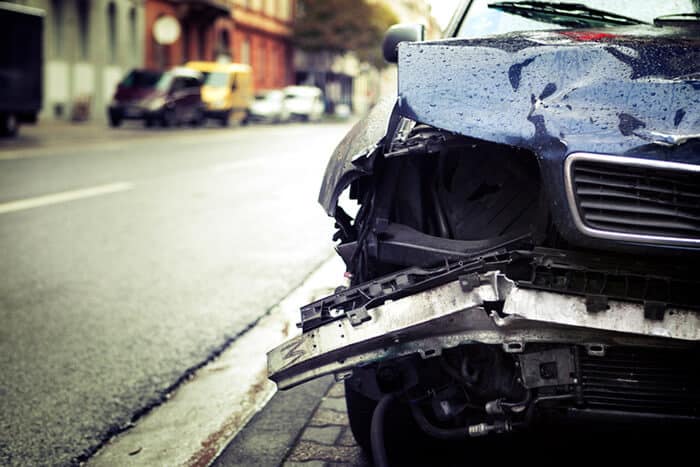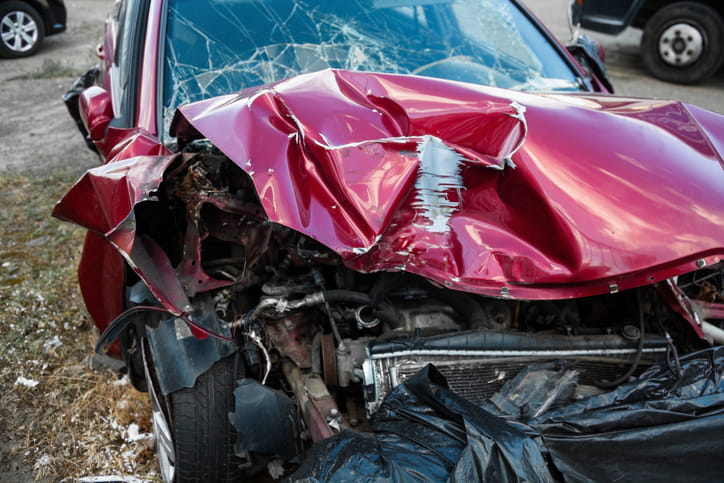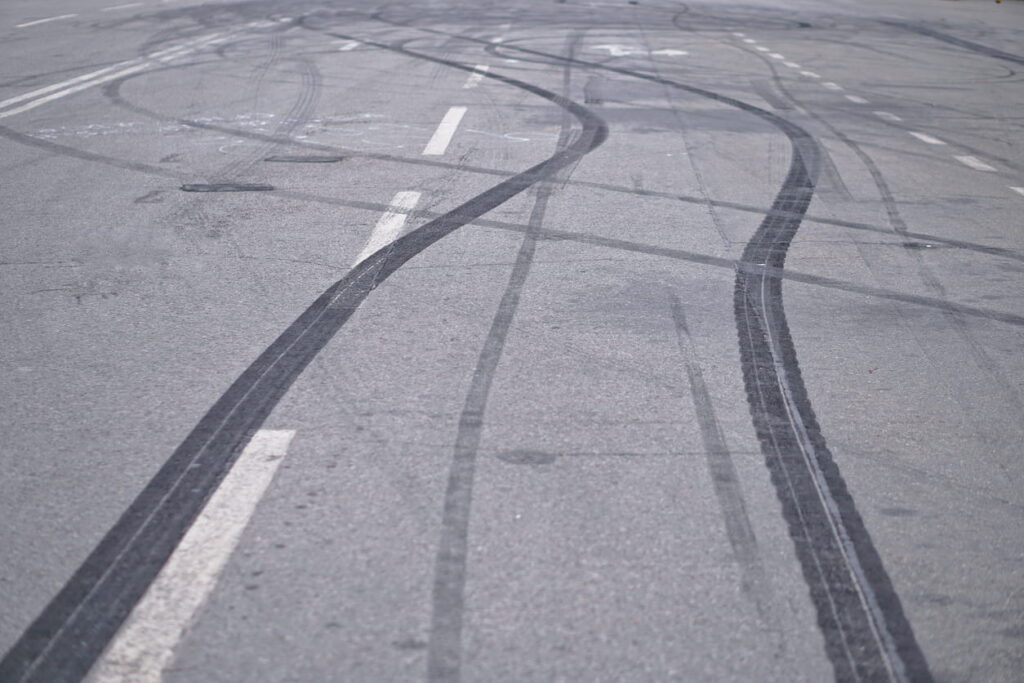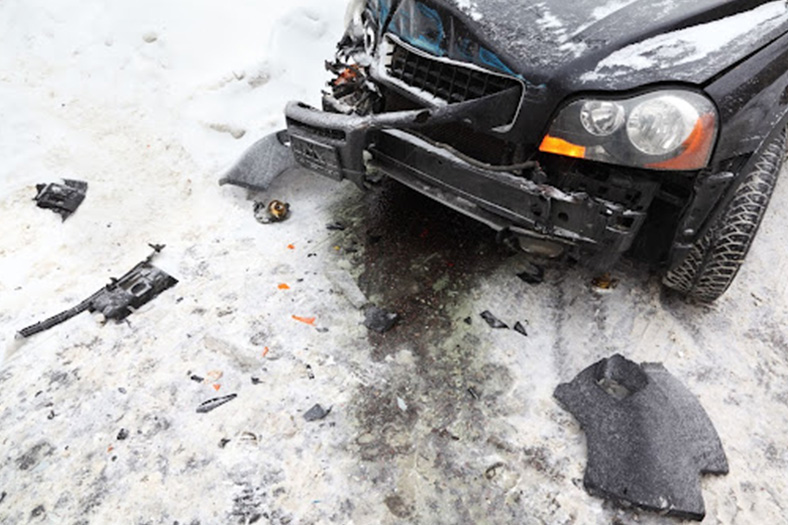Who Covers My Injuries in a Car Accident?
Motor vehicles are essential for most people. As of 2021, 228 million people in the U.S. had driver’s licenses and drove a combined total of more than 3.1 billion miles that year.
With so many drivers covering so many miles per year, motor vehicle accidents (MVAs) are an everyday occurrence. Still, accident victims are often in shock after an accident because, while accidents may occur regularly, most people are involved in just three or four accidents during their lifetime, making car crashes infrequent, unexpected experiences for most people.
Car accident injuries include severe, life-altering injuries such as traumatic brain injuries (TBIs), spinal cord injuries (SCIs), burns, organ damage, and broken bones.
Whether you’ve suffered a permanent injury, accident injuries requiring long-term treatment, or short-term injuries that will take weeks to months to heal, you may face expensive medical bills after an accident, in addition to other expenses and lost income. You may wonder who pays for your injury in a car accident and whether you can get compensation for other expenses. An experienced car accident injury lawyer can answer these questions, explain the legal process for seeking damages, and help you get fair compensation from the at-fault party.
Bachus & Schanker Wins – Over $1 Billion Recovered
- Auto Insurance Basics: What You Need to Know
- Understanding Coverage for Car Accident Injuries
- Determining Fault and Its Impact on Coverage
- Steps To Ensure Coverage After a Car Accident
- What if I Was Hit by an Uninsured Motorist?
- How Bachus & Schanker Personal Injury Lawyers Can Help You
- Visit Our Auto Accident Law Offices Across Colorado & Beyond
- Related Car Accident Resources
- You Deserve Fair Compensation
Auto Insurance Basics: What You Need to Know
Individuals must carry insurance to cover their medical bills and property damage expenses in no-fault states.
Colorado is an at-fault state, so anyone injured in a car accident can take legal action against the at-fault party. Drivers must carry the minimum insurance amounts required by the state to comply with the law and cover damages if they’re at fault for an accident.
Types of Coverage
Collision, personal injury protection, and liability coverage are the primary types of car insurance coverage Colorado requires. Individuals must have sufficient bodily injury or death and property damage coverage to meet the state’s minimum coverage requirements.
There are also other types of coverage people may opt to carry:
Collision
Collision covers property damage costs, such as vehicle repairs or replacement. Collision only covers these costs for the insured party’s vehicle.
Personal Injury Protection
Personal injury protection pays for the insured party’s medical expenses after an accident. This policy also covers your passengers’ medical expenses.
Liability Insurance
Liability coverage covers property damage costs and bodily injuries other parties incurred in an accident. The at-fault party’s liability coverage pays insurance claims, settlements, or judgments to the accident victims.
Comprehensive
Motorists may opt to add comprehensive coverage to their insurance plan. Comprehensive insurance pays for repair costs from damage from natural events, such as hailstorms, and other incidents, such as loss or damage from theft.
Uninsured/Underinsured Motorist Coverage
Uninsured and underinsured motorist coverage pays for claims after an accident with someone driving without insurance or who doesn’t have enough insurance to cover fair compensation. You can use this insurance for medical expenses and vehicle repair claims.
Coverage Limits and Policy Exclusions
Colorado’s minimum policy requirements are $25,000 per person for bodily injury or death. The maximum amount payable for bodily injury or death in any one accident is $50,000. Colorado motorists must also carry $15,000 in property damage to cover the cost of repairs to victims’ vehicles.
You must opt to pay for comprehensive and uninsured and underinsured motorist coverage to claim compensation for damage from criminal acts, natural disasters, and costs incurred from accidents caused by uninsured or underinsured motorists. These insurance benefits are excluded from standard insurance packages. You must add them to your insurance plan, or you cannot use insurance for costs in these circumstances.
Adding features to your insurance plan, such as accident forgiveness, is also possible. Accident forgiveness protects you from paying higher insurance premiums if you’re at fault for an accident. You can also add coverage that pays for a rental car after an accident.
Understanding Coverage for Car Accident Injuries
Liability insurance for bodily injury or death covers the following:
- Burial expenses
- Lost income
- Medical bills
Your insurance plan also covers the cost of your legal representation through your insurance company.
Suppose you have the minimum required coverage for bodily injury and death. This equals $25,000 per person and $50,000 per accident. Suppose you cause an accident that injures two people. Your plan covers $25,000 in medical bills for each person.
However, if you injured five people, each with medical bills of $10,000 or more, your insurance would only cover $10,000 per person because of the $50,000 claim cap per accident. In the event you cause an accident with bodily injury or death claims greater than $50,000 total, you will have to cover the difference.
Paying out of pocket for portions of claims your insurance doesn’t cover also applies if one party incurs more than $25,000 in medical bills, even if the total claims are less than $50,000. Suppose three people suffered injuries. The medical bills for Person A totaled $35,000. Person B’s medical expenses totaled $6,000, and Person C’s were $5,000. It doesn’t matter that the total medical costs claimed are less than $50,000 because the policy limits the amount for any one person to $25,000. In this case, your policy would pay $25,000 to Person A, and you would be responsible for the remaining $10,000.
Determining Fault and Its Impact on Coverage
Police typically respond to the accident scene and file a report, which can indicate who they found responsible. However, insurance adjusters and personal injury lawyers also investigate accidents.
These investigators gather evidence and interview eyewitnesses. Investigators may also subpoena company records if a business vehicle was involved in the crash.
Investigators use the evidence they collect to establish fault. Sometimes, a single party may be responsible for an accident, but multiple parties may also be at fault. Colorado’s comparative negligence laws prevent you from taking legal action if you’re 50% or more responsible for the crash, even if another party shares fault.
If you were not at fault, but two or more parties caused your accident, it may take time for those parties to determine their percentage of liability. If the case goes to court, the judge will assign a percentage to each party. However, when you’re attempting to resolve your claim through negotiation without a trial, the at-fault party’s insurance companies must agree. Each at-fault party will pay their percentage of the total compensation.
Suppose your total compensation equals $100,000. Party A is 60% responsible for the accident, and Party B is 40% responsible. Party A would cover $60,000 of your compensation, while Party B would cover the remaining $40,000 in damages.
Steps To Ensure Coverage After a Car Accident
Car accident claims can be time-consuming if there are disputes about fault. Complying with state accident laws and taking appropriate steps can protect you from false allegations after a car accident. You should take these steps after your accident:
- Check for injuries: Check on your passengers to determine who’s injured. If it is safe and you can do so, get out of your vehicle, place cones around the vehicles, and check on parties in other vehicles. Otherwise, keep your seatbelt fastened, stay in your vehicle, and turn your hazard lights on.
- Call 911: Notify the authorities about the accident. Report any known injuries and your location. State if there may be additional injured parties in other vehicles. Report any potential hazards affecting the scene, such as damaged power lines.
- Exchange information: Provide other drivers with your name and insurance information and collect that information from them. You will need this information to file a claim. If a driver refuses, the police who respond to the scene can provide this information.
- Document the scene: Take pictures of anything relevant, such as damaged traffic lights or the sun’s position in the sky. You can supplement photos with videos of the scene. Use your phone or a notebook to record witnesses’ names, contact information, and relevant information, such as the location of security cameras near the accident site.
- Talk to an auto accident lawyer: You can call a car accident lawyer from the scene and receive a free consultation over the phone.
What if I Was Hit by an Uninsured Motorist?
Cases involving uninsured or underinsured motorists can be complex. Your car accident injury attorney can seek personal assets to cover your damages. This can be a lengthy process, and recovering damages may only be possible if they have sufficient assets.
How Bachus & Schanker Personal Injury Lawyers Can Help You

Bachus & Schanker understand the trauma of coping with injuries after a car accident. We know dealing with an accident is frightening and stressful, so we have a Victim’s Advocate team ready to help you access financial assistance and handle your accident investigation. Our Victim’s Advocate team will update you as your case progresses, ensuring you have the practical and legal support you need while recovering.
Call Bachus & Schanker today to discuss your case and find out how we can help you recover fair compensation for your injuries.
Sources:
Aho, K. (2016). Here’s How Many Car Accidents You’ll Have.
Historical Fatality Trends: Car Crash Deaths and Rates. (2024).
Mandatory Automobile Insurance in Colorado. (2024).
Visit Our Auto Accident Law Offices Across Colorado & Beyond
Serving Clients Nationwide
Related Car Accident Resources
You Deserve Fair Compensation
Don’t let the insurance companies intimidate you into accepting less than you deserve. We’re ready to fight for you.

Written and Legally Reviewed By: Kyle Bachus
4.6 ★★★★★ 1,461 Google Reviews
Kyle is a member of the Colorado Bar associations and has served on the Board of Directors of the Colorado Trial Lawyers Association for more than twenty years in total. Over the years, Kyle has achieved justice for many clients. He has served on numerous committees and repeatedly won recognition from his peers at both the state and national level. He is proud of the role he has played in the passage of state and national legislation to protect consumers and is a frequent speaker and guest lecturer.
